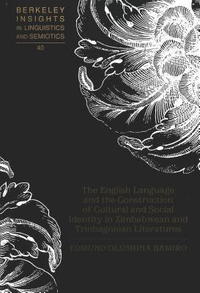Learning to Curse: Essays in Early Modern Culture
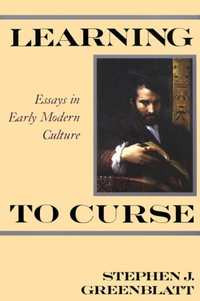
Summary
One of the foremost figures in Renaissance studies today, Stephen Greenblatt is also a pioneer of the "new historicism"--the influential theoretical movement in cultural criticism that is radically refashioning the study of the humanities.
Learning to Curse combines historical and anthropological techniques with rigorous textual analysis and vivid writing. Greenblatt produces imaginative and often disturbing new approaches to issues and authors which once seemed comfortably familiar. By focusing on such problems as the relationship between cultural identity and otherness in early modern culture; the uses of violence--both physical and rhetorical--against those identified as aliens; and the role of the imagination in efforts to shape and stabilize both cultural and personal identity, Learning to Curse exposes a Renaissance world made challenging and strange, forcing the reader to develop new ways of seeing and understanding.
Similar Books
-
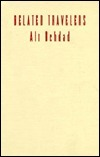
-

-
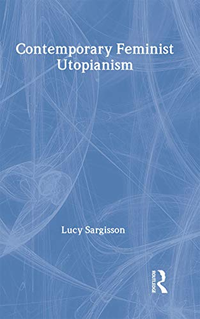 Contemporary Feminist Utopianism
Contemporary Feminist Utopianismby Lucy Sargisson
-
 The Experimental Arabic Novel
The Experimental Arabic Novelby Stefan G. Meyer
-
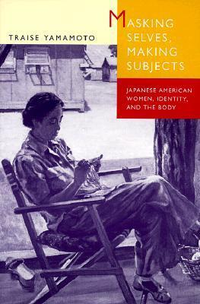
-
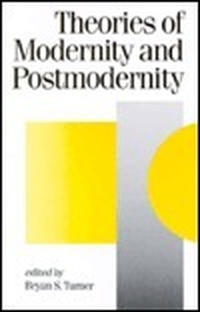 Theories of Modernity and Postmodernity
Theories of Modernity and Postmodernityby Bryan S. Turner
-
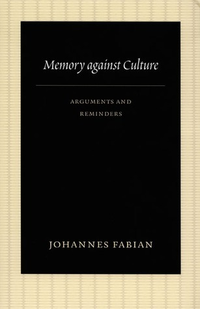 Memory against Culture: Arguments and Reminders
Memory against Culture: Arguments and Remindersby Johannes Fabian
-
 Travel Writing and Empire: Postcolonial Theory in Transit
Travel Writing and Empire: Postcolonial Theory in Transitby Steve Clark
-
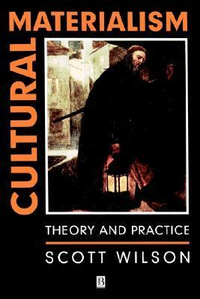 Cultural Materialism: Theory and Practice
Cultural Materialism: Theory and Practiceby Scott Wilson
-
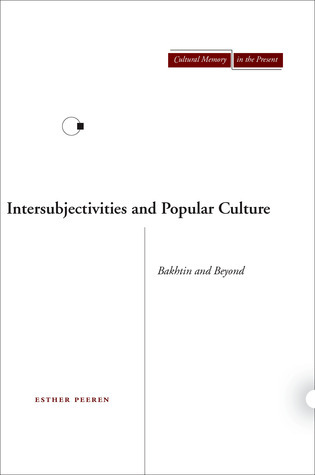 Intersubjectivities and Popular Culture: Bakhtin and Beyond
Intersubjectivities and Popular Culture: Bakhtin and Beyondby Esther Peeren
-
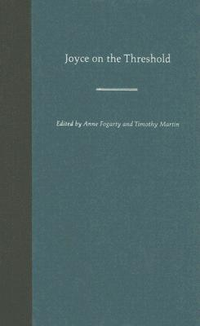 Joyce on the Threshold
Joyce on the Thresholdby Anne Fogarty
-
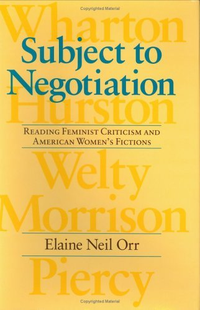
-
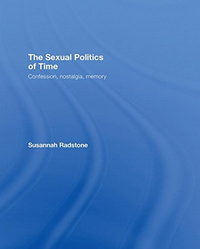 The Sexual Politics of Time: Confession, Nostalgia, Memory
The Sexual Politics of Time: Confession, Nostalgia, Memoryby Susannah Radstone
-
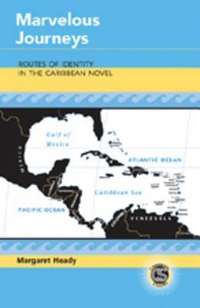 Marvelous Journeys: Routes of Identity in the Caribbean Novel
Marvelous Journeys: Routes of Identity in the Caribbean Novelby Margaret Heady
-
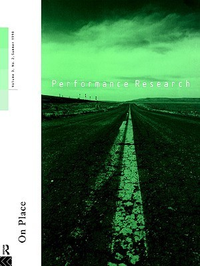 Performance Research: On Place: Volume 3 Issue 2
Performance Research: On Place: Volume 3 Issue 2by Ric Allsopp
-
